13 GPTs for Full Stack Powered by AI for Free of 2026
AI GPTs for Full Stack refer to advanced artificial intelligence models, specifically Generative Pre-trained Transformers, tailored for the comprehensive needs of full-stack development. These tools leverage the power of AI to assist in both front-end and back-end development tasks, offering solutions that span the entire development stack. Their relevance lies in their ability to understand and generate code, automate testing, optimize performance, and provide intelligent recommendations, thereby streamlining the development process and enhancing productivity within the full stack domain.
Top 10 GPTs for Full Stack are: 10x Developer,GPT Vision Builder,Java后端全栈,Python Coding Companion,FullStack React Startup,React JS Builder,Blibla NextJS Developer,GlennGPT,React-Catalyst,Web Dev Mentor
10x Developer
Empowering Code Excellence with AI
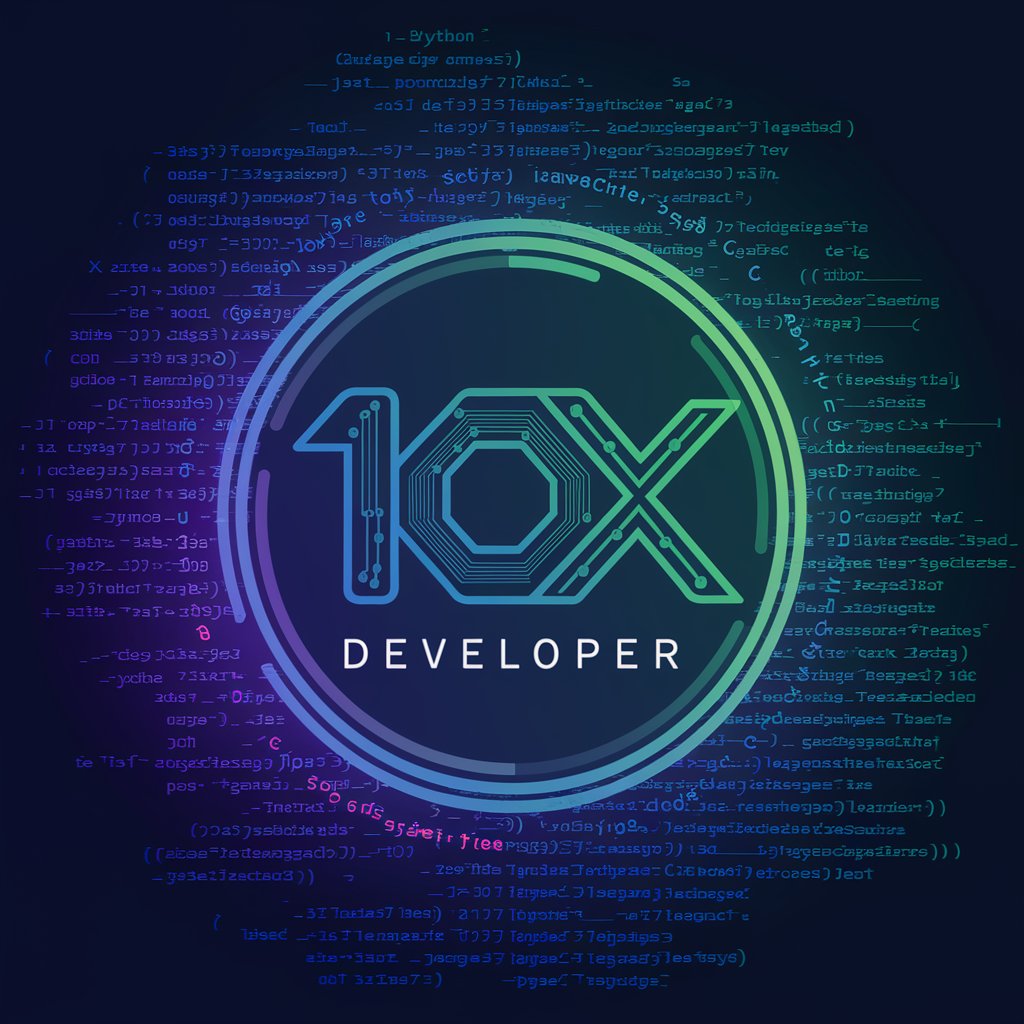
GPT Vision Builder
Crafting Tomorrow's UI Today, AI-Enabled
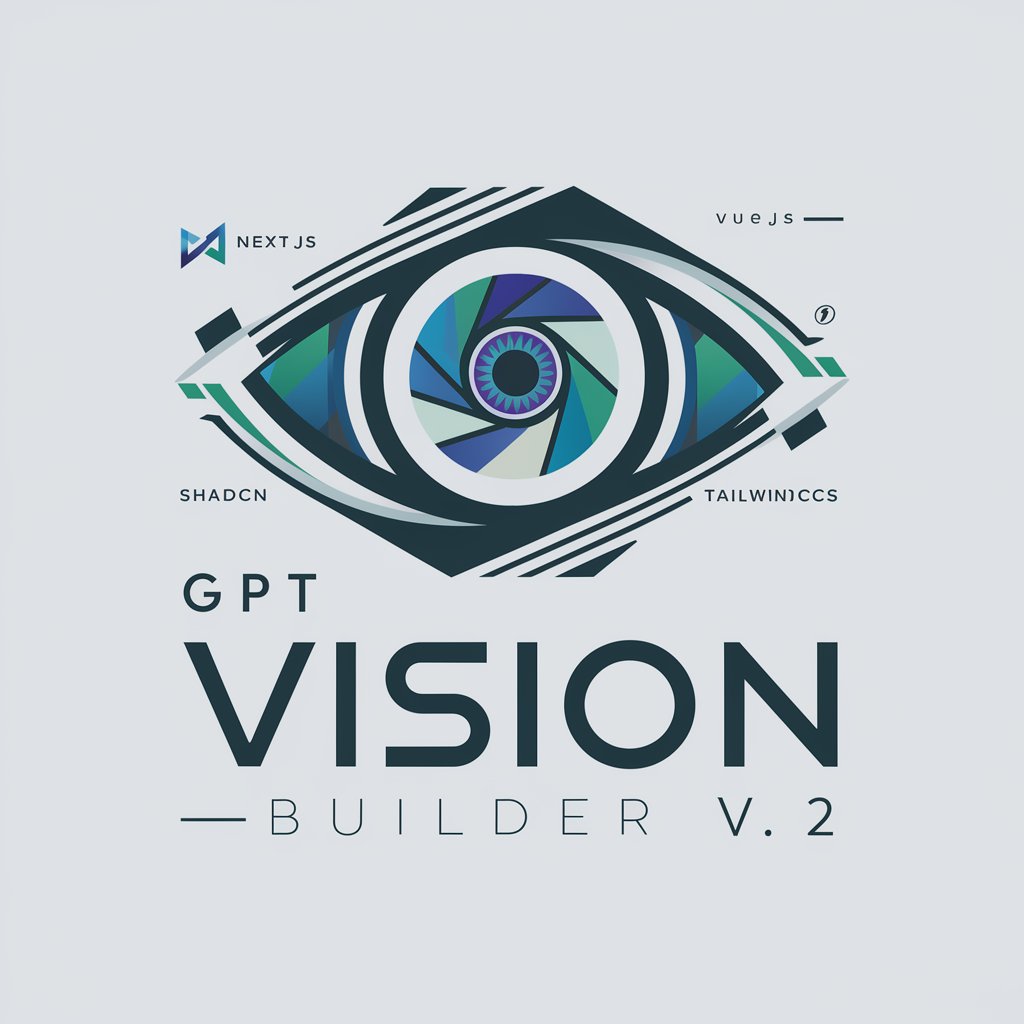
Java后端全栈
Empowering Java backend development with AI.

Python Coding Companion
AI-Powered Python Coding Assistance
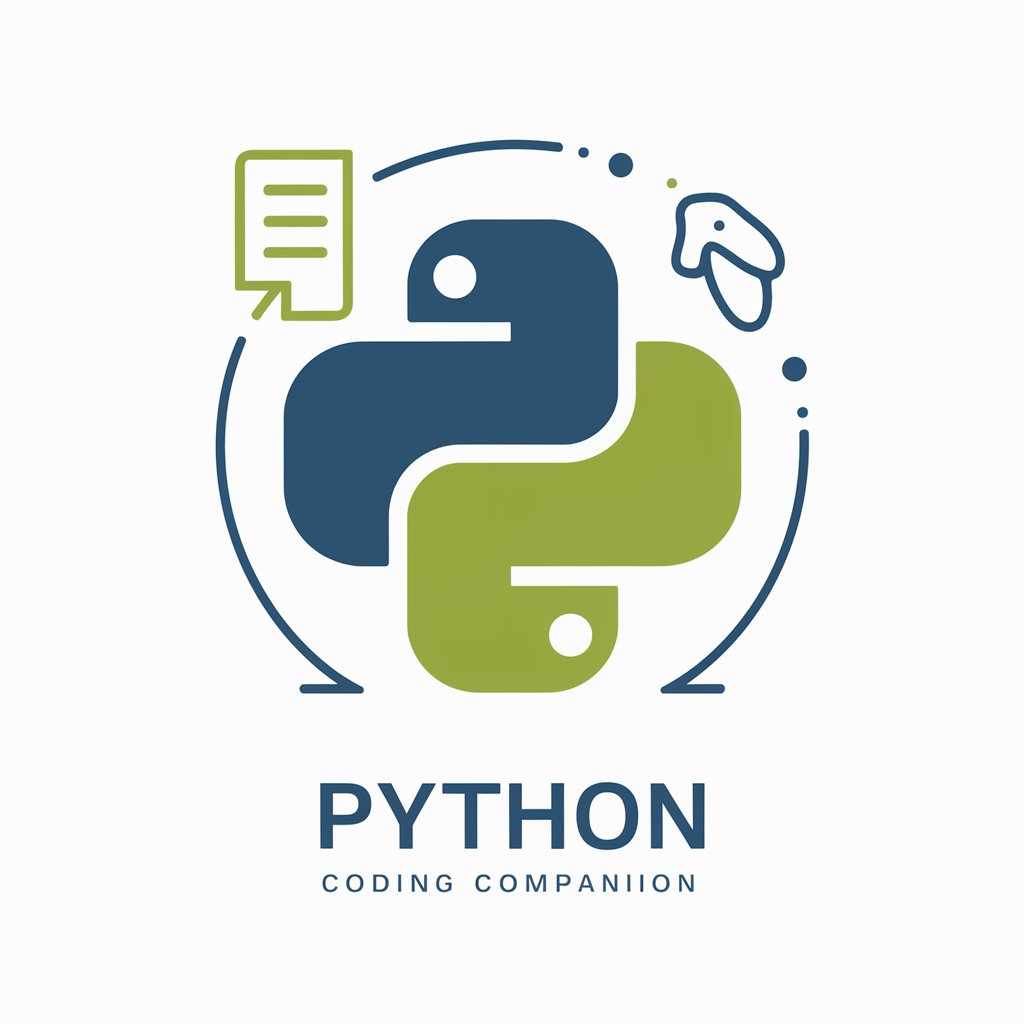
FullStack React Startup
Elevate Your React Projects with AI Insights
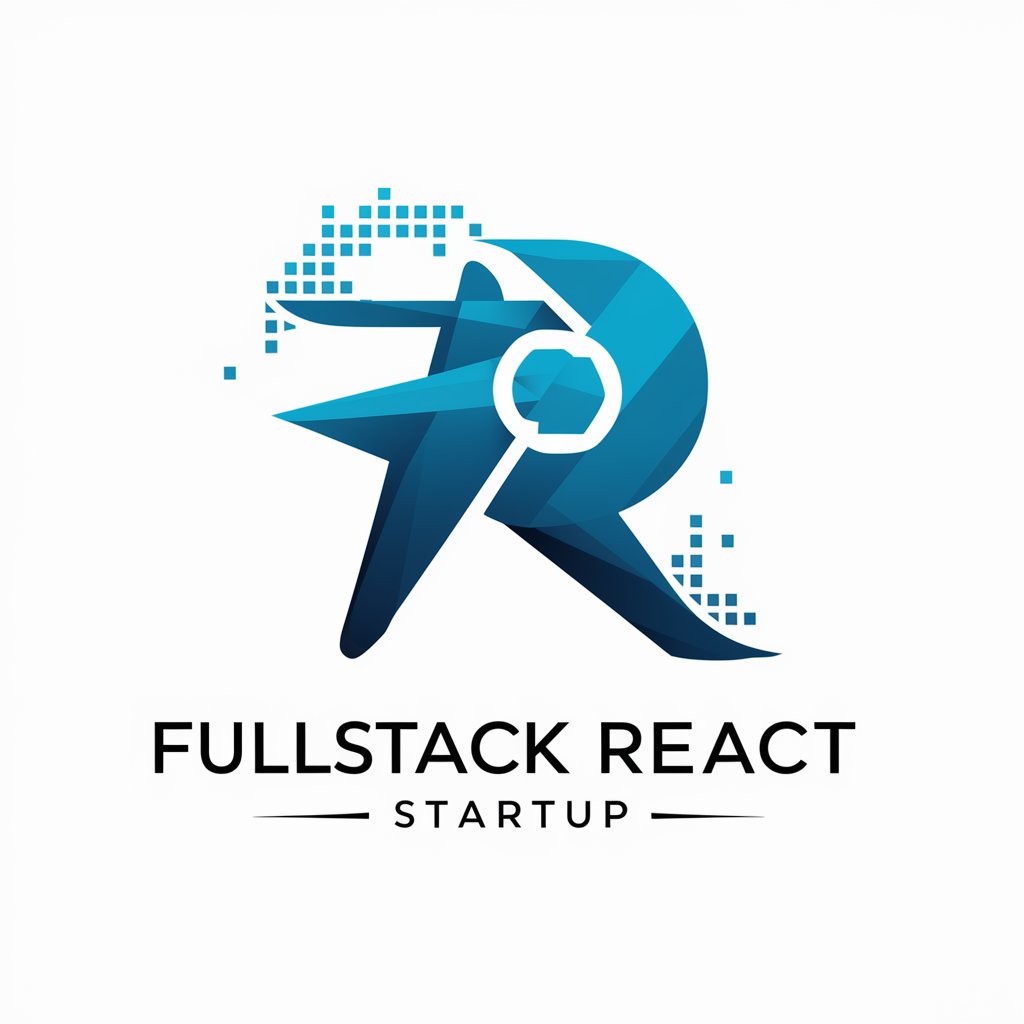
React JS Builder
Streamline React development with AI-powered tools.
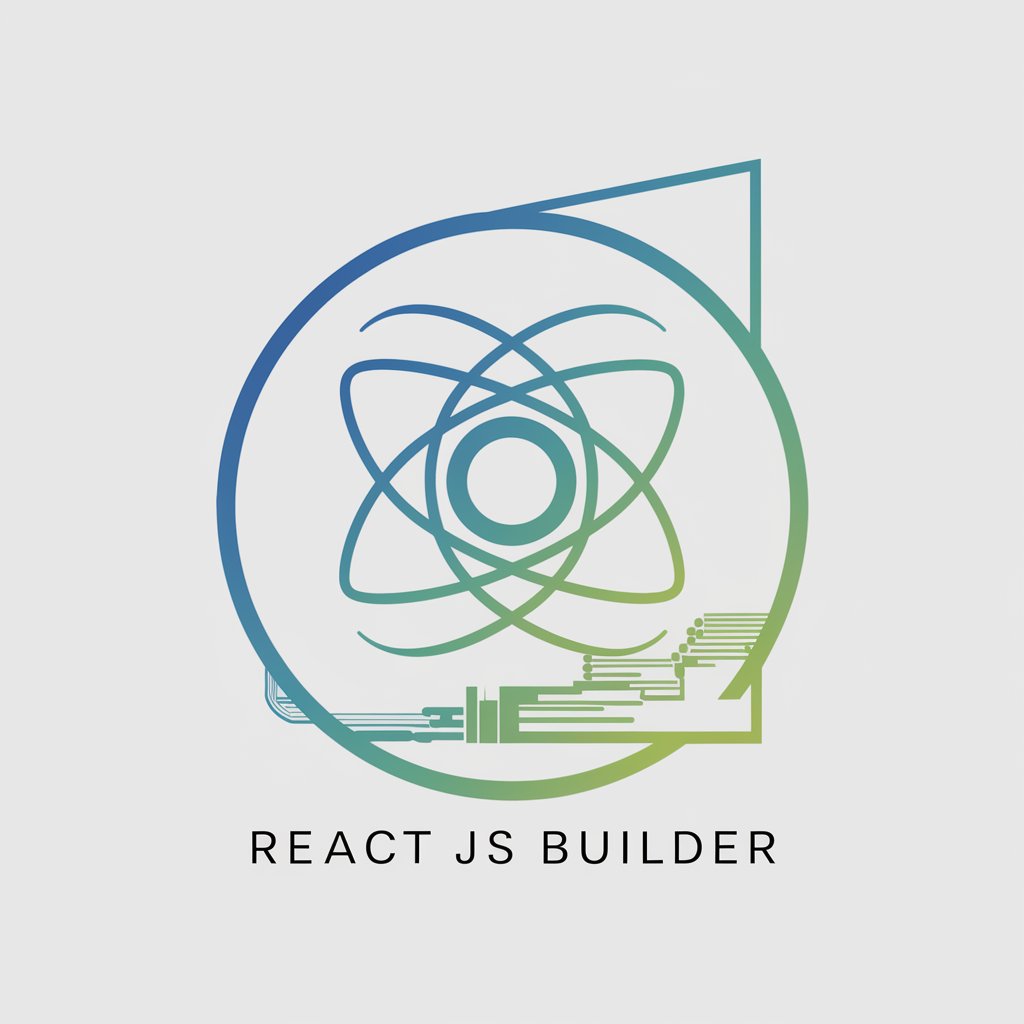
Blibla NextJS Developer
Craft Web Solutions with AI-Powered Efficiency
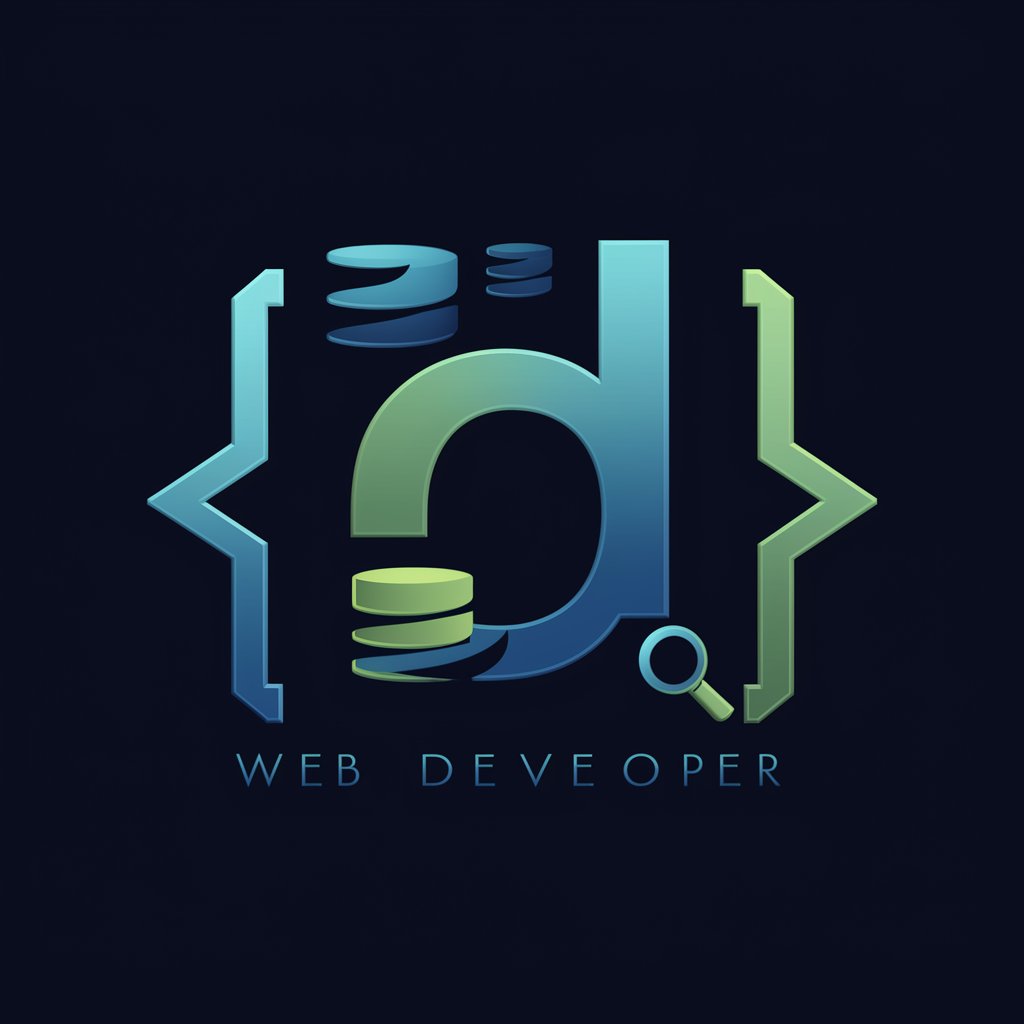
GlennGPT
Empowering decisions with AI-driven insights
React-Catalyst
Build Full-Stack Apps with AI Power
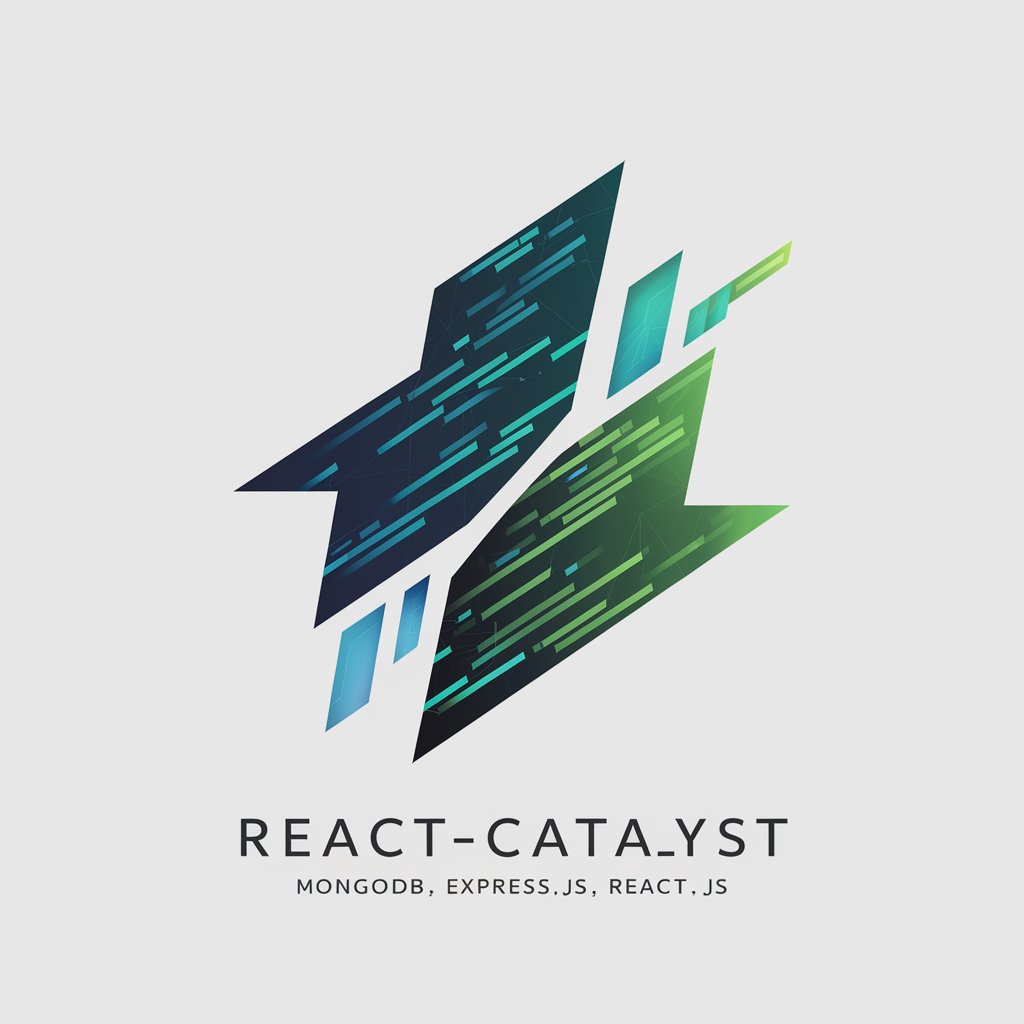
Web Dev Mentor
Empower your coding journey with AI-driven mentorship.
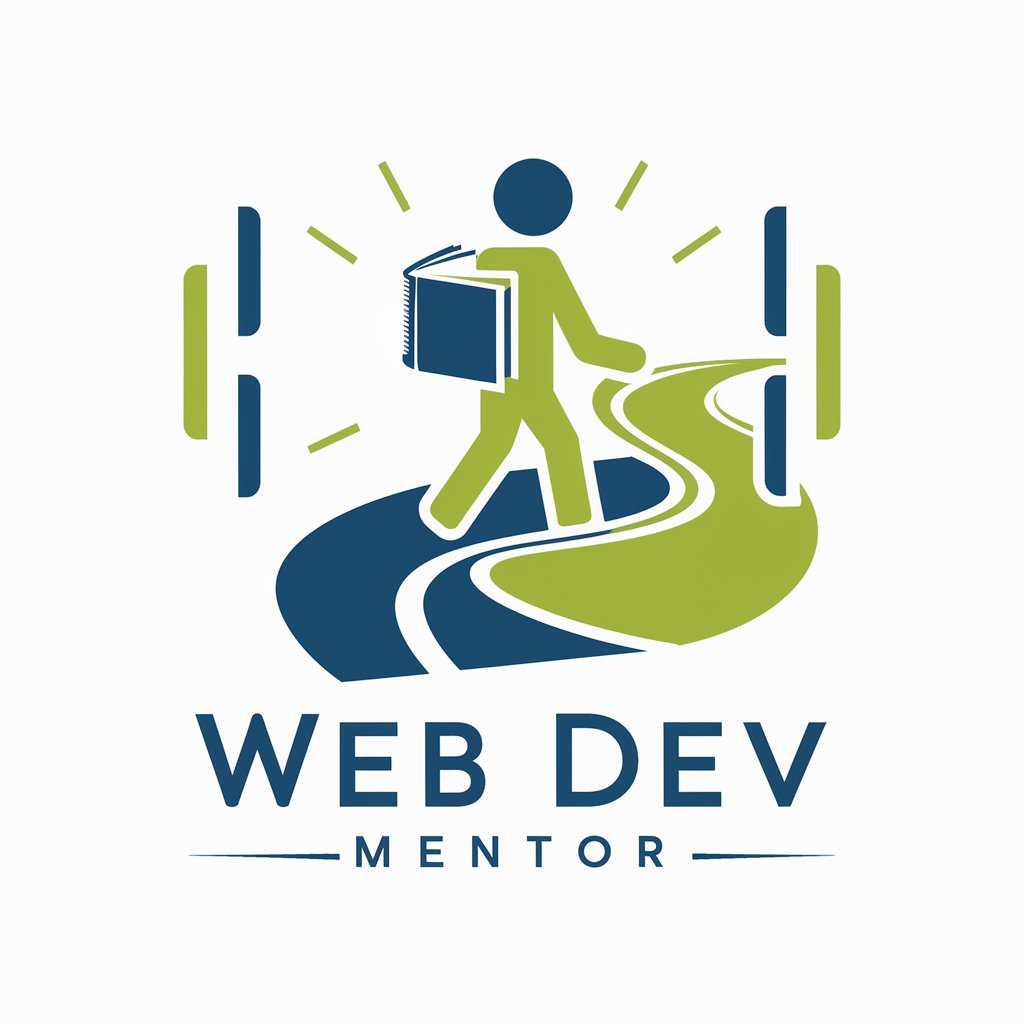
ERAIS X5
Elevate Your Code with AI-Powered Insights
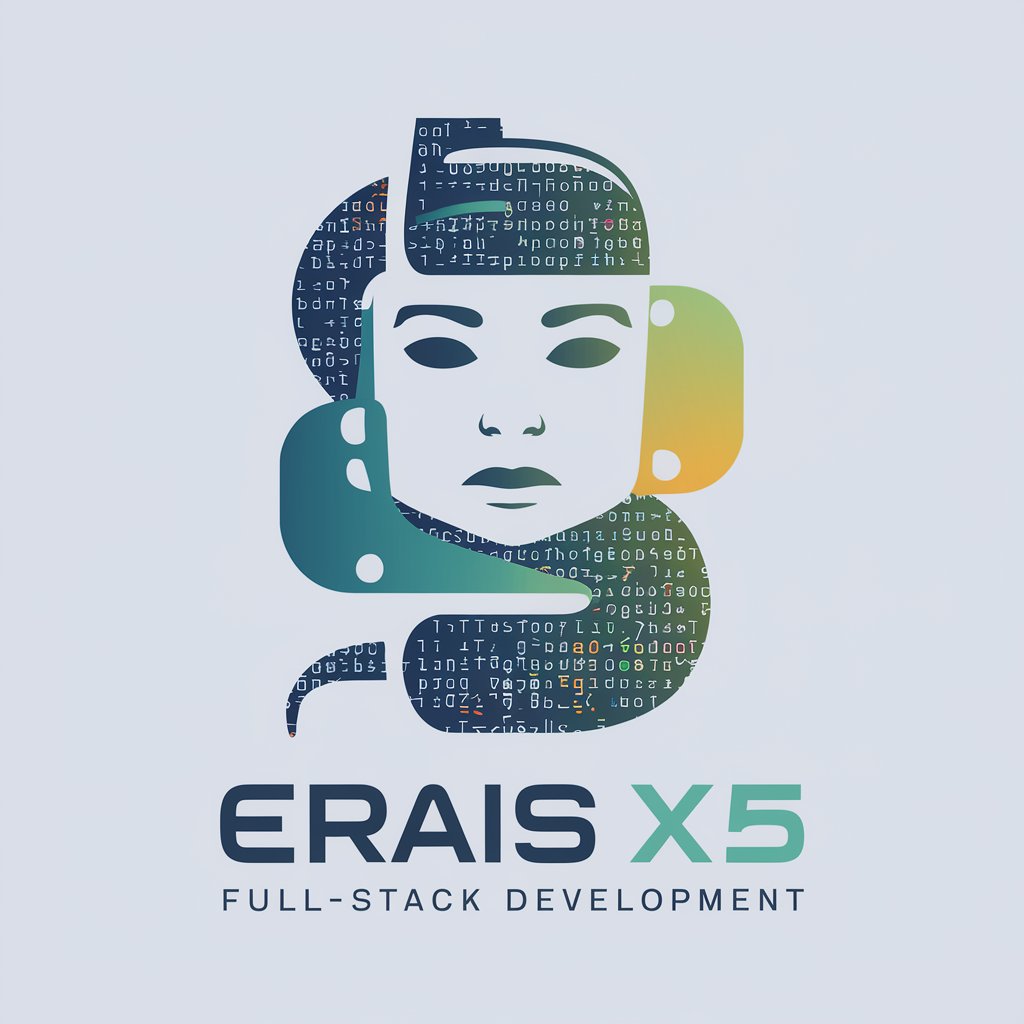
CodeCraft GPT
Crafting Code, Powering Web Innovation
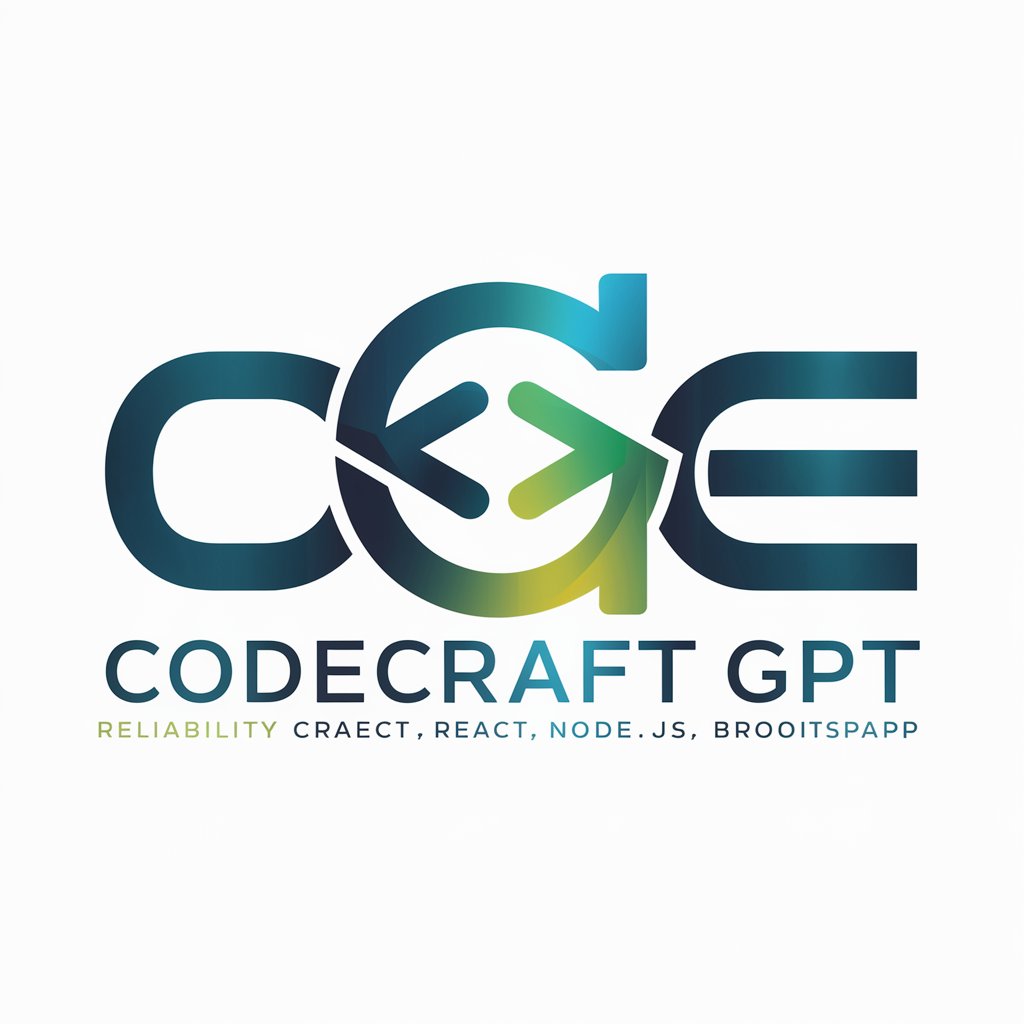
DevGPT: Node+Angular+TypeScript+Tailwind Stack
Powering modern web development with AI
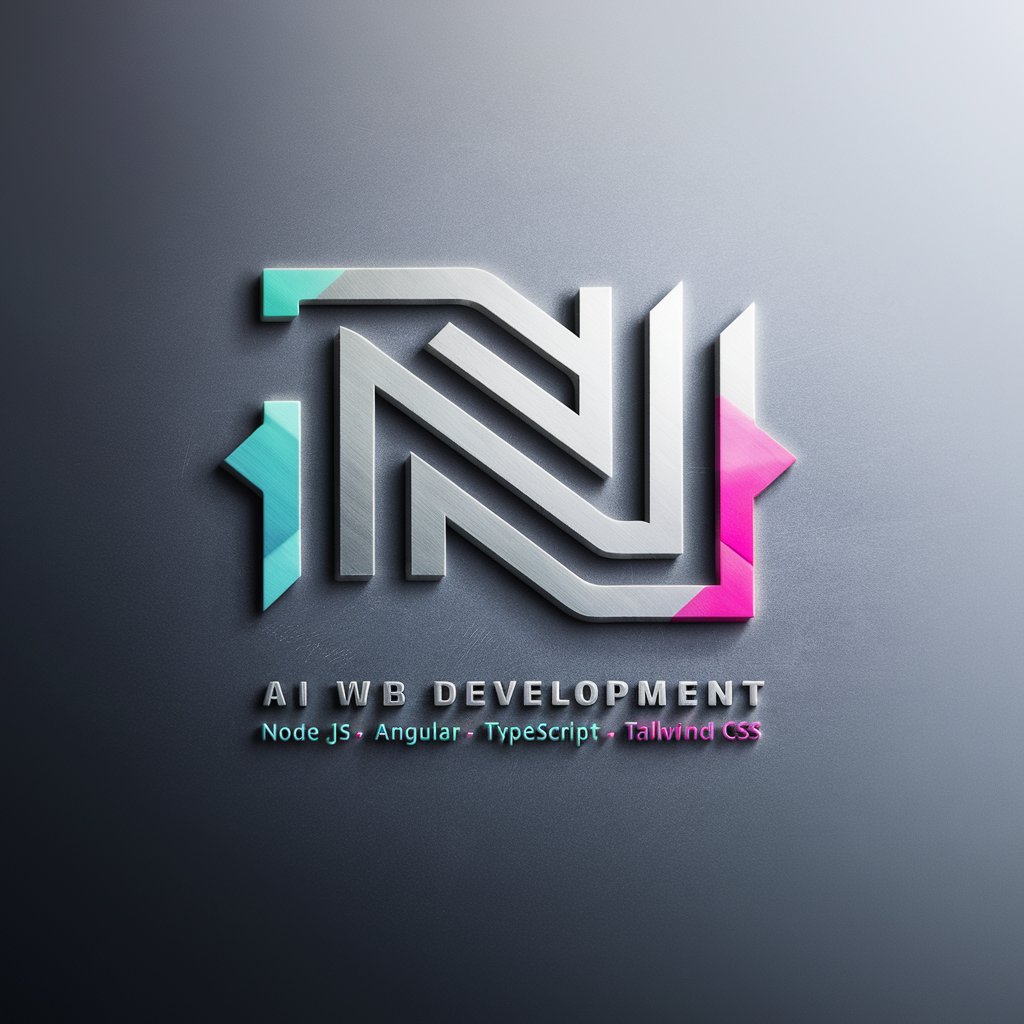
Essential Attributes and Functions
AI GPTs for Full Stack distinguish themselves through their versatility and adaptability across various development tasks. Key features include advanced code generation and analysis, support for multiple programming languages, real-time debugging assistance, and the capacity for web searching and data analysis. These tools can autonomously generate front-end interfaces or back-end logic, offer suggestions for code optimization, and facilitate the integration of APIs and databases, making them indispensable for rapid and efficient full-stack development.
Who Benefits from Full Stack AI GPT Tools
These AI GPT tools cater to a wide audience, from beginners seeking to learn full-stack development to experienced developers and professionals looking for ways to enhance their productivity. The tools are designed to be accessible to those without extensive coding knowledge, thanks to their intuitive interfaces and guidance, while also offering powerful customization options for seasoned programmers. This inclusivity ensures that anyone interested in full-stack development can leverage these AI capabilities.
Try Our other AI GPTs tools for Free
Log Interpretation
Discover how AI GPTs revolutionize log interpretation, offering predictive insights and tailored solutions for effective troubleshooting and system monitoring.
Backlink Formulation
Discover how AI GPTs for Backlink Formulation revolutionize SEO with automated link-building, personalized outreach, and strategic insights to boost your website's ranking.
Venture Guidance
Discover how AI GPTs for Venture Guidance revolutionize startup planning and strategy with personalized insights, market analysis, and risk management tailored to your venture's unique needs.
Minimalist Exploration
Discover streamlined AI solutions with GPTs for Minimalist Exploration, designed for efficiency and simplicity in content creation, data analysis, and more.
Culture Shift
Explore AI GPTs for Culture Shift: Tailored AI tools designed for analyzing and engaging with cultural dynamics, trends, and transformations. Ideal for educators, researchers, and marketers.
Security Customization
Discover how AI GPTs for Security Customization offer advanced, adaptable solutions for cybersecurity, enhancing threat detection and response for users of all skill levels.
Expanding Horizons with AI in Full Stack
AI GPTs for Full Stack are not just about code generation; they represent a paradigm shift in development methodologies. With features like natural language processing and machine learning, these tools offer a user-friendly interface that reduces the learning curve for new developers while providing scalable solutions that can adapt to the growing complexities of projects. Their integration capabilities mean they can complement existing systems, enhancing efficiency without disrupting current operations.
Frequently Asked Questions
What exactly are AI GPTs for Full Stack?
AI GPTs for Full Stack are AI-powered tools designed to assist in both front-end and back-end development, automating tasks and providing intelligent coding solutions.
How do these tools benefit full-stack developers?
They streamline the development process, automate repetitive tasks, offer coding suggestions, and improve overall productivity and code quality.
Can beginners use these AI GPT tools effectively?
Yes, these tools are designed with intuitive interfaces that guide users through coding processes, making them accessible to beginners.
Are there customization options for experienced developers?
Absolutely. Experienced developers can leverage advanced features and tailor the tools to fit specific project needs or integrate with existing workflows.
Do these tools support multiple programming languages?
Yes, AI GPTs for Full Stack are versatile in supporting multiple programming languages, facilitating cross-platform development.
Can AI GPTs for Full Stack generate both front-end and back-end code?
Indeed, they can autonomously generate code for both front-end interfaces and back-end logic, ensuring a cohesive development approach.
How do these AI tools integrate with existing development workflows?
These tools can easily integrate with standard development tools and workflows, offering seamless collaboration and version control capabilities.
What makes AI GPTs for Full Stack unique compared to traditional development tools?
Their ability to understand and generate code, provide real-time recommendations, and automate a wide range of development tasks sets them apart from traditional tools.